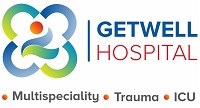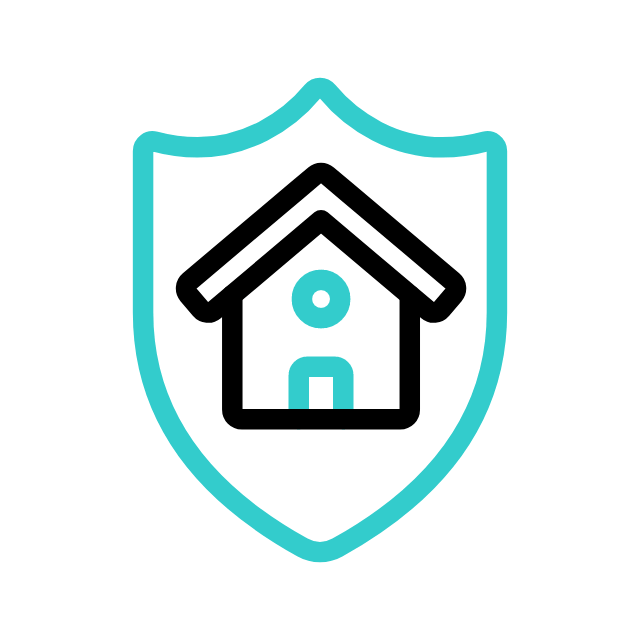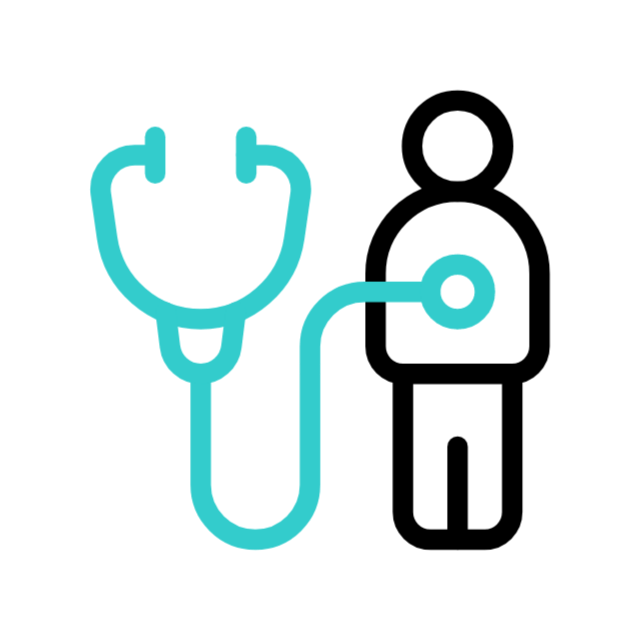Paediatrics

Treatment for Babies and Children
Paediatrics is a branch of medicine that deals with treating babies and children. It deals with anatomical, physiological and developmental specifications of young patients. The spectrum of pediatric care varies from regular check-ups and immunisations to complicated surgical and long-term disease treatment. The treatment is specific according to a child's age and is aimed not only to treat the immediate condition but also to guarantee their healthy growth and natural development.
Indications
- Congenital Conditions: Many conditions that have existed since birth are treated, like cleft lip or congenital heart disease.
- Infectious Diseases: Common Infections such as ear infections, strep throat and viral illness are known to affect a child who should take certain medications to rule out complications.
- Developmental/Behavioural Problems: Treatment is also advised on developmental disabilities, learning problems, and behavioural problems to ensure that the children can maximise their potential.
Effects
- Cure and Prevention: The most contributing positive effect is that the diseases are cured, and long-term complications are prevented. Vaccines, such as measles, and infections caused by bacteria could be treated with antibiotics, for example.
- Healthy Growth and Development: Pediatric treatment also focuses on healthy growth and development of a child's body and mind. These involve tracking a child's height, weight, and mental development.
- Better Quality of Life: Treatment may also include the management of chronic illnesses such as asthma or diabetes, which, when addressed, may dramatically impact the quality of life of a given child and enable them to engage in regular childhood activities.
Neonatology
Neonatology is a form of paediatrics which deals with the medical treatment of newborns, especially those found prematurely, in critical conditions, and those born with congenital disabilities. The knowledge-based skills of a neonatologist are essential in the first 28 days of a baby's life, during which the chances of death and any other health-related problems are at their peak. They may deliver treatment in neonatal intensive care units (NICUs) to address complicated health conditions and offer exceptional care.
Signs of Neonatology
- Premature Birth: All too often, an infant who was born before 37 weeks of gestation will require the expert care of a neonatologist to treat undeveloped lungs, a weak immune system, and other related complications.
- Birth Defects: Infants born with congenital disabilities, like heart deformities or spina bifida, need the services of a neonatologist to intervene and attend to them as soon as possible. They assist in stabilising the baby and liaise with other experts in surgical or medical intervention.
- Neonatal Sepsis: A newborn's severe bacterial infection (sepsis) must be prioritised by a neonatologist to avoid the spread of the bacterial infection and potential mortal consequences.
Effects of Neonatology
- Improved Survival Rates: The significant impact of neonatology is a dramatic path towards improving survival rates among severely sick and pre-mature kids.
- Long-Term Health: Neonatologists can change a child's long-term health and developmental outcomes by dealing with the causes of complications within the newborn period.
- Parental Support: Neonatologists also take a vital role in assisting the parents of a seriously challenged newborn because they indeed pass through a rough emotional time. Thus, all help is needed from a neonatologist.


 Insurance
Insurance Health Packages
Health Packages

